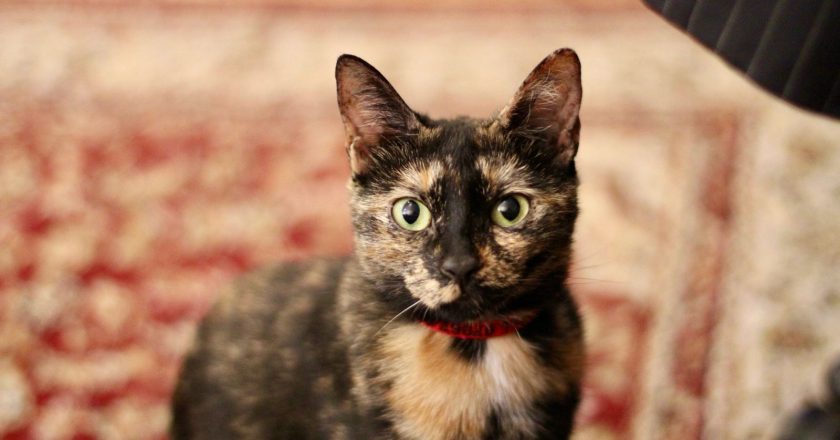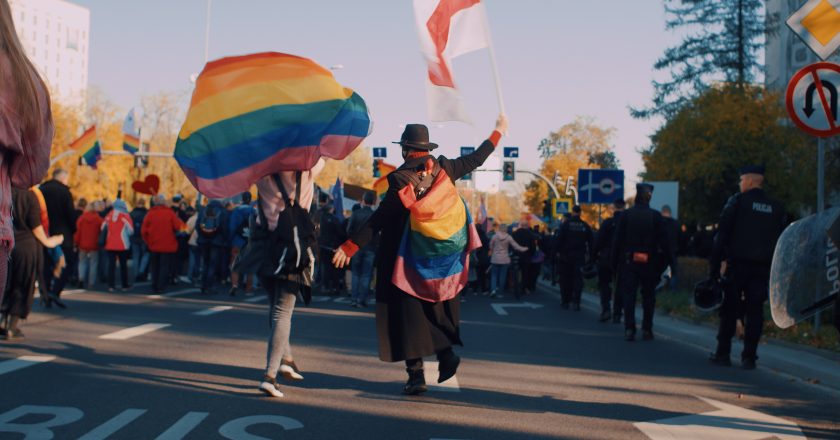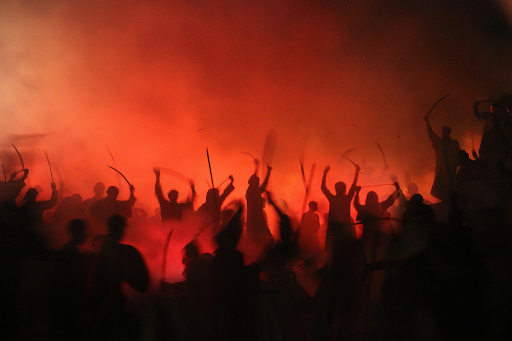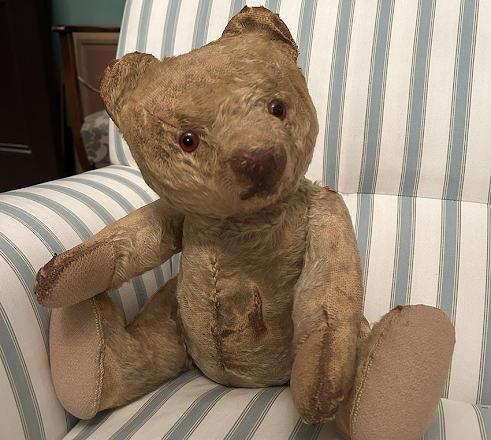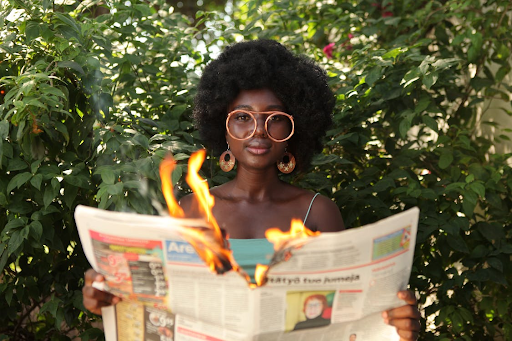The Psychological Effects of Witnessing Cruelty to Animals on Social Media: An Interview with Dr Kieschnick and Dr Lawlor
By Felix Porée
Royal Holloway graduate Felix Porée, who is studying for his MA in War Studies at Kings College London, recently collaborated with the Oxford Centre for Animal Ethics to interview Dr Dustin Kieschnick and Dr Katie Lawlor. Dr Kieschnick holds a Doctorate of Psychology as a graduate of the PGSP-Stanford PsyD Consortium as well as being a licensed clinical psychologist, and Dr Lawlor holds a Doctorate in Clinical Psychology from Stanford and specialises in the human-animal bond, grief, and pet loss. Felix specialises in the studies of 19th-century German philosophy, ethics, and terrorism. More information can be found via his LinkedIn: https://www.linkedin.com/in/felixporee/
In a discussion centred around animal cruelty and its links with social media, Felix, Dus...

